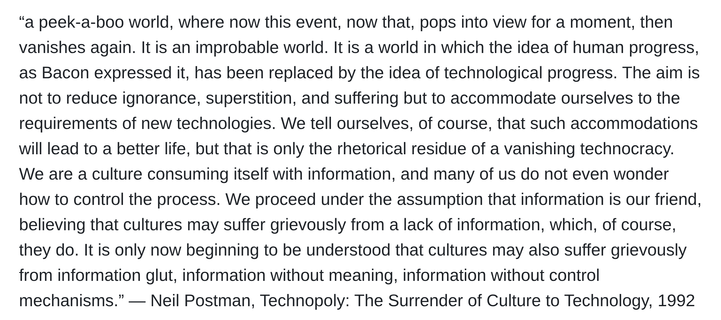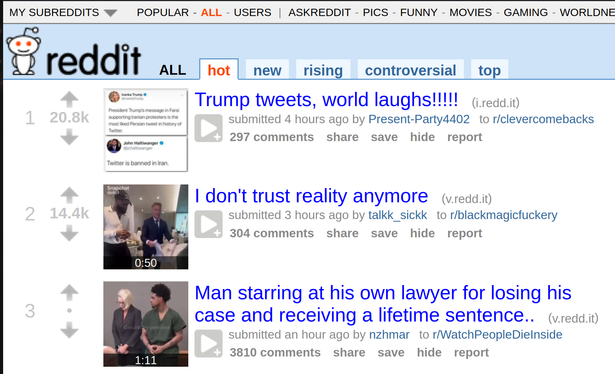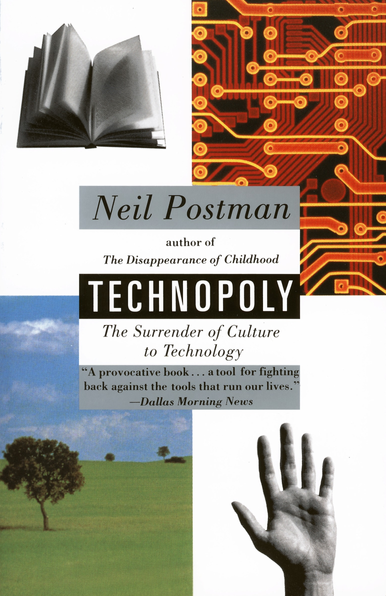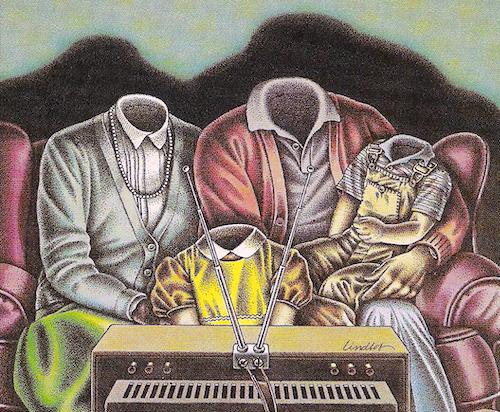#MediaEcology #MarshallMcLuhan #NeilPostman
People just do not get it. #TheMediumIsTheMessage
#Malala #MalalaYousafzai Malala Yousafzai and her father #Ziauddin #Yousafzai are teaching media ecology. Like University of Toronto Marshall McLuhan. The Medium is The Society. Religions are venues.








